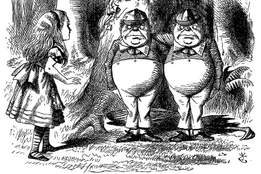rankled; rankling
ˈraŋ-k(ə-)liŋ 

1
: to cause anger, irritation, or deep bitterness
2
: to feel anger and irritation
: to cause irritation or bitterness in
Love words? Need even more definitions?
Merriam-Webster unabridged










Share